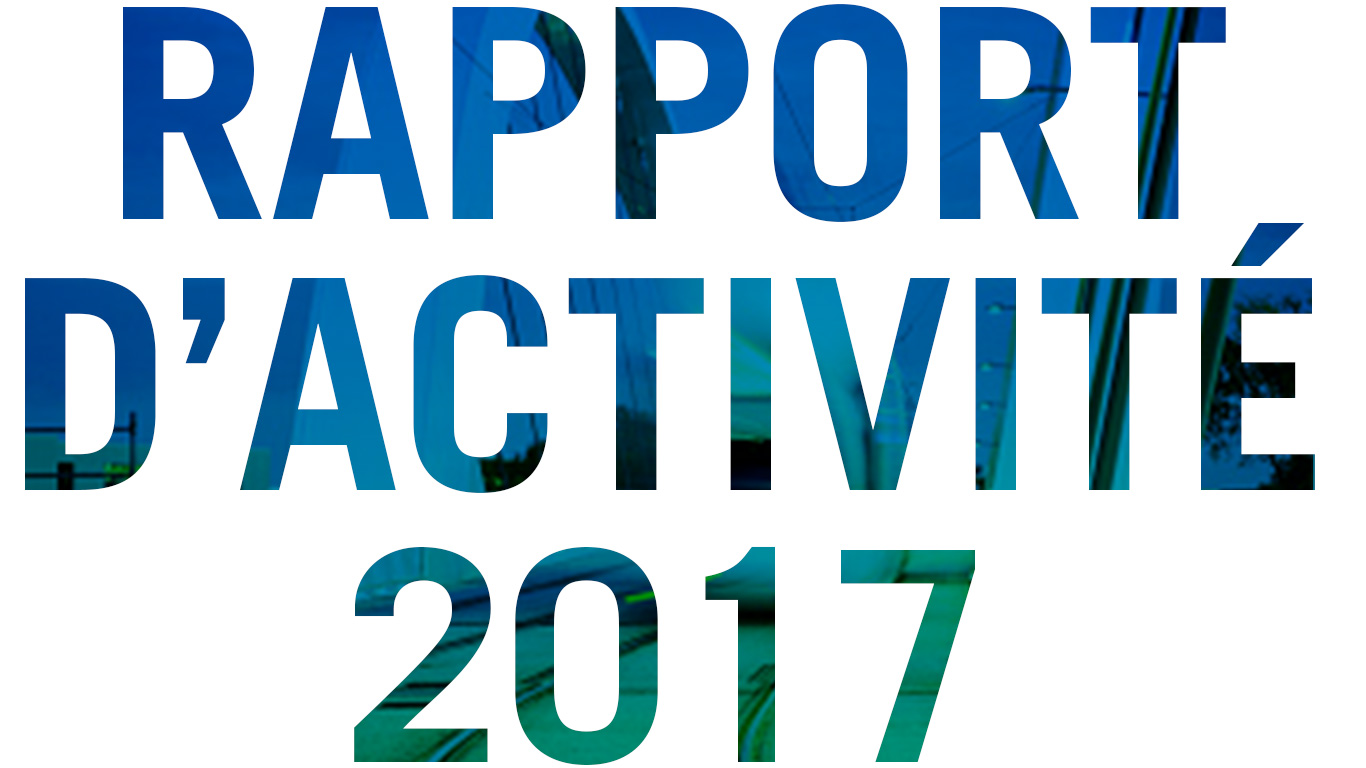The development of services and their uses
Digital technology has had a profound impact on the mobility ecosystem. New research and expert appraisal partnerships with innovative start-ups have been created and are set to expand. The work carried out together by IFSTTAR and the start-up Karos (short distance carpooling) is a good illustration of this new type of partnership.
KAROS: understanding practices in order to optimise intelligent carpooling
The start-up Karos is developing a predictive carpooling service based on machine learning techniques for automatically learning the travel habits of drivers and passengers in both time and space. All of a user's trips are used to build a predictive model to estimate future trips and provide carpooling opportunities. Using a set of methodologies, the research aimed to study how Karos' service could match the real practices of commuters. More precisely, traces of practices were analysed to study the identified carpooling opportunities, compare the successful and unsuccessful opportunities and deduce the factors of success. In addition, 22 in-depth interviews were conducted with car-poolers. They allowed us to identify the obstacles and levers with regard to use. The results have been converted into developments for the Karos application. They highlighted, for example, the role of instant messaging in transforming a simple carpooling opportunity into an actual carpool trip or the importance of offering opportunities that strictly follow the usual route used by future car-poolers.
The Institute also encourages its researchers to set up start-ups. This is a major asset leading to job creation through technology transfer. An example of this is the Stanley Robotics start-up created by IFSTTAR researchers in 2015. Developing robot valet parking services, it has recruited 32 people since 2016.
The Altaroad start-up
The Institute also encourages its researchers to set up start-ups. This is a major asset leading to job creation through technology transfer. An example of this is the Stanley Robotics start-up created by IFSTTAR researchers in 2015. Developing robot valet parking services, it has recruited 32 people since 2016.
Instant deliveries
Another major challenge is the mobility of goods. IFSTTAR's research on urban logistics for the new “instant deliveries” urban logistics mobility service merits special note. The creation of an interview grid in collaboration with delivery companies was financed by the Mobility and Digital Transitions unifying project.
SPLOTT is studying the operation of the new urban logistics mobility services which are characterised by almost instantaneous deliveries. They can be defined as urban home delivery services that are available within two hours of ordering, using smartphone applications to connect auto-entrepreneurs on bicycles, restaurants or parcel shippers and consumers. After an initial survey conducted in December 2016, a second was undertaken from January to March 2018. It consisted of a 38-item questionnaire that was administered either face-to-face or by telephone on the personal circumstances (age, educational level, place of residence, etc.), the occupational circumstances (type of platform for which the courier works, working hours, pay, etc.) and working conditions and difficulties encountered when carrying out the tasks. The consultants 6T were commissioned to help design and conduct the survey.
B+R: promoting the bicycle as a feeder mode to railway stations
Digital technology should not make us forget that mobility remains a question of physical movement. Active modes, including cycling to stations, are beneficial for mobility. IFSTTAR's expertise was also sought in this area for the B+R project on the use of the bicycle as a feeder mode with bicycle parking in stations.
In order to relieve congestion in station park-and-ride facilities (P+R) and to attract new passengers, SNCF Mobilité is seeking to encourage the use of the bicycle as a feeder mode to stations with parking at the station, under the names of "B+R", for Bike and Ride, or Bicyclette Relais.
Many schemes of this type have already been introduced in several regions of France, often with success. The objective of the "B+R" project was to build on current trends and the available knowledge in order to create tools that present the arguments and methodology for the SNCF Mobilité staff who will be rolling out the B+R schemes in the regions.
In terms of arguments, we know, for example, that getting a regular passenger to switch from the car to the bicycle to go to the station represents a socio-economic saving of around €2000 (Predit VERT project, IFSTTAR 2015), or that one new person takes out a Regional Train seasonal ticket for every 5 to 8 additional bicycle parking spaces (ADEME study, 2016).
SNCF entrusted leadership of the "B+R" project to the consulting firm Sustainable Mobilities, which called on IFSTTAR's expertise to offer the following to SNCF's B+R project leaders:
- a method for dealing with B+R in house;
- materials for convincing the relevant officials in the regional and local authorities (arguments and keys to success);
- instruments for assessing the need, estimating the potential, prioritizing stations on a regional scale and sizing the facilities.
Transpolis
Transpolis is a major facility that is currently being built in order to conduct full-scale testing of innovative solutions for new forms of urban mobility. After 9 years of preparation, this platform is beginning to take shape when seen from above. Today, we can discern the outlines of the so-called Urban System district around its forty or so buildings as well as the two test tracks and the three impact zones belonging to the Security and Safety subgroup, and, between the two, the curves and intersections of the Architecture and Comfort zone. The buildings at the entrance to the platform have already been built, with the long reception complex where Transpolis will set up its offices alongside an area set aside for IFSTTAR and visitor reception, as well as the metal structure of the workshop where the vehicles will be prepared for the tests.
Seen from the sky, one can now understand that this platform covers 80 hectares, which is 1200 m long and 900 m wide, will allow us to adopt a systems approach to the topics to be addressed, with the possibility for research or industrial development teams to have all the facilities and resources that are usually distributed between several sites at the same location.
A crucible for innovation, a research space for urban transport, a site for full-scale tests or a certification facility for road safety barriers, for example, the platform located at Les Fromentaux will at last take its place in the international scientific landscape to meet the expectations of its designers and those who will join them.
Both data and innovation are at the heart of Theme 1's research. New societal demands are being expressed, supported by new technologies and the new services they allow to be deployed. However, they must not overshadow the issues of security and social equality that are also of concern to IFSTTAR.
![[Translate to Anglais:] Transpolis [Translate to Anglais:] Transpolis_img](/fileadmin/_processed_/c/4/csm_Transpolis_916e58d3b0.jpg)


![[Translate to Anglais:] KAROS [Translate to Anglais:] KAROS_img](/fileadmin/_processed_/a/a/csm_KAROS_5d962f07d6.png)
![[Translate to Anglais:] Livraisons instantanées [Translate to Anglais:] Livraisons instantanées_img](/fileadmin/_processed_/c/b/csm_Livraisons_instantanC__es_08dd51aeba.jpg)